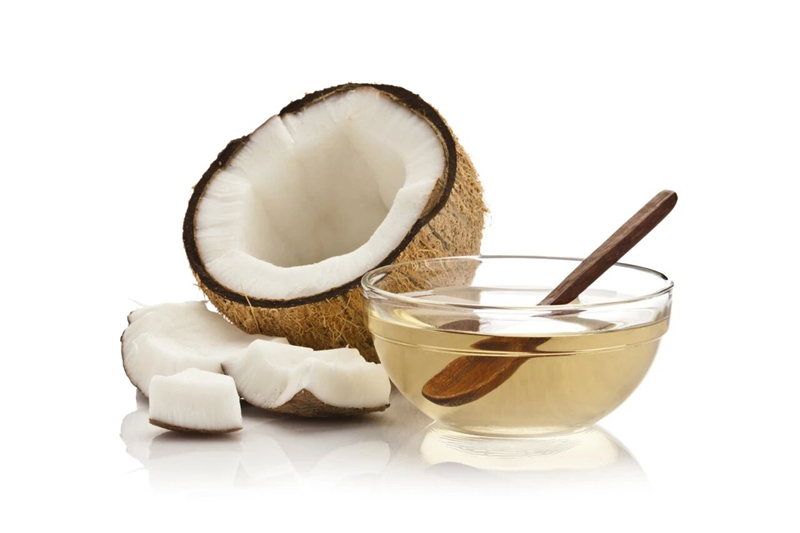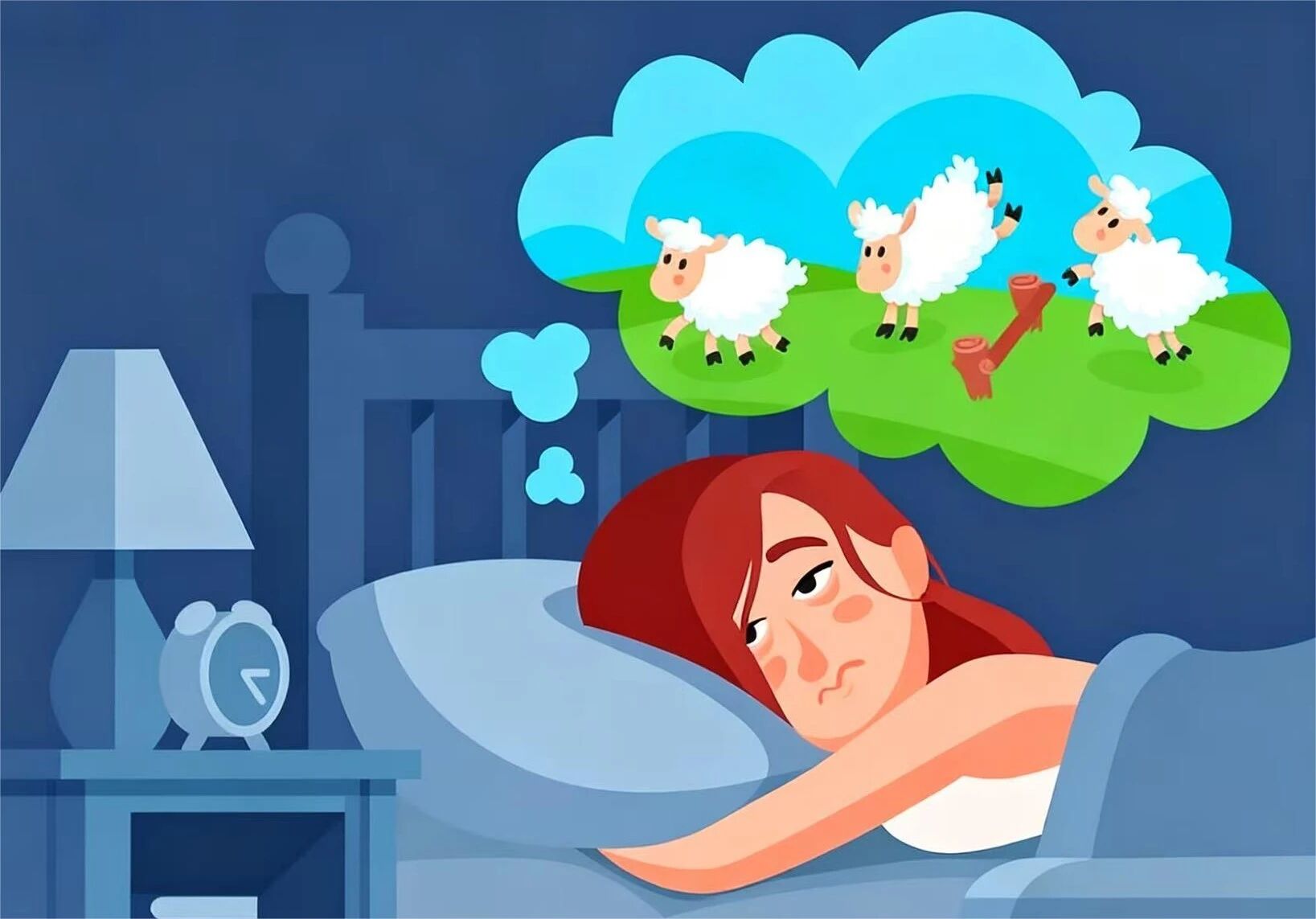
Ditch melatonin for insomnia! Virgin coconut oil aids sweeter, more restful sleep
It’s 2 AM - are you still staring at the ceiling counting sheep? You’ve been at it for ages, yet your brain is sharper than when you’re rushing to finish a report during the day. Even by evening, just the thought of “having to sleep tonight” makes you clench your fists first-“Will I end up lying awake till dawn again?”
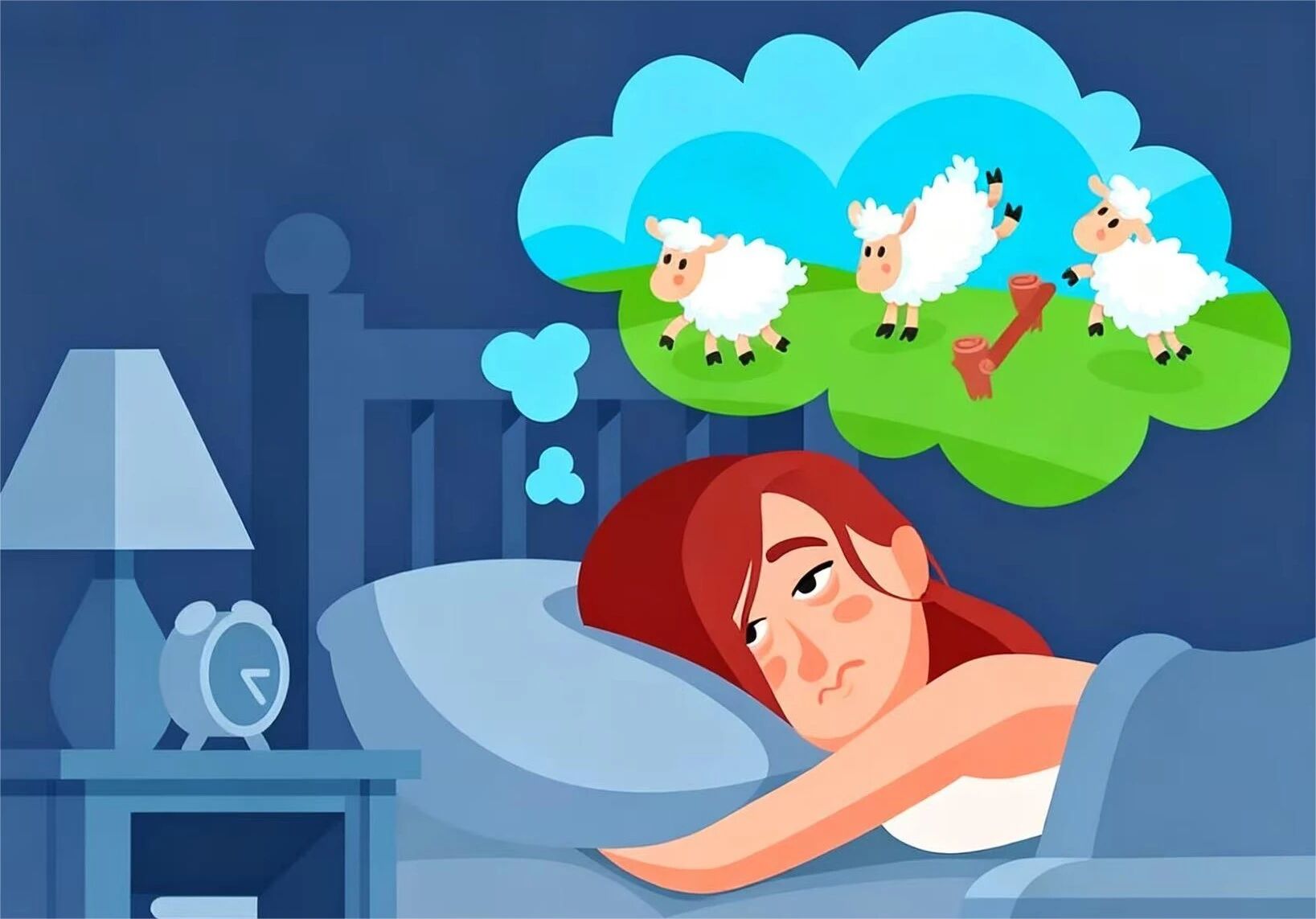
Insomnia is never just a case of “suffering a little at night” and calling it done. During the day, you’re groggy and lifeless; your memory is like a sieve when trying to remember things, and you get irritable over the tiniest matters. Over time, even your immunity starts to drop, leaving you feeling like all the energy has been drained right out of your body.
Melatonin works for short-term fixes, but isn’t a cure for long-term sleep issues
To get a good night's sleep, many people’s first reaction when struggling with insomnia is to turn to melatonin for help. More concerningly, this "sleep - aid choice" has even extended to children.
A study published in JAMA Pediatrics (Journal of the American Medical Association Pediatrics) revealed that nearly one-fifth of school-age children and pre - adolescents rely on melatonin to help them fall asleep. However, regarding the long-term use of melatonin, Dr. Hartstein from the University of Colorado has long warned: “We are not saying melatonin is harmful to children, but there is still a severe lack of research on the safety of its long - term use.”
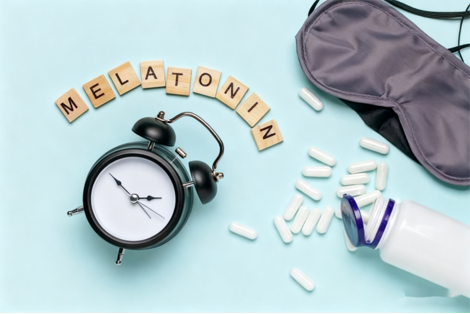
In fact, it is not just children-adults’ reliance on melatonin also hides risks. As a “sleep-signaling agent” naturally secreted by the pineal gland in the brain, melatonin is indeed effective in helping the body quickly regulate its circadian rhythm and providing “emergency relief” when dealing with short-term disruptions, such as jet lag or shift work. But once long-term dependence sets in, problems gradually surface: some people find it harder to sleep the more they take it; others experience increased kidney burden due to prolonged use; some even have their body’s natural hormonal balance disrupted. This is equivalent to the body’s own circadian clock being “spoiled” by the medication, leaving it unable to maintain a normal sleep rhythm independently.
The body has long had a "sleep switch" - what it may lack is likely the "fuel"
Many people don’t realize that our bodies actually hide a "natural sleep-promoting mechanism": the pineal gland in the brain secretes melatonin on schedule, acting like a dutiful "circadian clock butler" to remind the body, "It’s time to rest."
But what about now? The blue light from scrolling through phones at night, stress from working overtime, and irregular daily routines throw this "butler" into disarray-and naturally, melatonin secretion becomes insufficient. At this point, instead of relying on medication to "force sleep," it’s better to replenish the body with some "fuel"-high-quality fats.
You read that right: fats are the "power source" for the endocrine system. Particularly fats like cholesterol, which directly "recharges" the pineal gland. If the pineal gland lacks the energy to secrete melatonin, supplementing with an appropriate amount of good fats might just help it "restart."
The pineal gland is a small gland in the brain that secretes melatonin and helps regulate the body's circadian rhythm and sleep.
One spoonful of virgin coconut oil helps your body "actively crave sleep"
Tried numerous sleep-aid methods with no luck? Why not give fresh pure coconut oil a try - it’s a "natural sleep aid" that many friends have tested and proven effective.
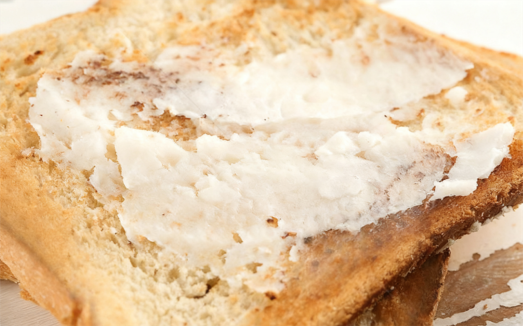
When you first start taking it, some people may wonder: "Why do I feel a bit sleepy during the day instead?" Don’t panic - this isn’t a side effect; it’s your body engaging in "self-rescue"! Your body has long been aware of your chronic lack of sleep, and once it receives the energy supply from coconut oil, it immediately activates its "repair mode": urging you to get enough sleep, sleep soundly, and gradually pay off the "sleep debt" you’ve accumulated.
A mother once shared that her kid used to toss and turn until 11 o’clock every night and even cried before bed. Later, she started spreading a little coconut oil on his bread every morning, and in less than a week, he began yawning and asking to go to bed on his own by 9 o’clock.
Another office worker friend used to always feel "not well-rested" after waking up. After taking coconut oil for half a month, he no longer needs to linger in bed in the morning, and even has clearer thinking during meetings than before.
Good sleep is more than just "being able to fall asleep"
Many people think, "I can fall asleep, so I don’t need to improve my sleep," but in fact, most people’s sleep has room for improvement.
True quality sleep means you don’t toss and turn after lying down, and no restlessness in your dreams; you wake up in the morning without relying on an alarm clock, feel relaxed all over when you get up, and may even feel like humming a song — this is the state where your body is truly "well-rested."
Whether you’re a young person rushing to meet project deadlines, a parent helping their kids with homework, or an elder who often wakes up at night, good sleep is the key to regaining full energy. After all, only when you sleep well do you have the energy to try dishes at new restaurants, the inspiration to draft plans, and the patience to chat with your family.
If you’re also plagued by insomnia, or feel "tired even after sleeping enough," why not try adding one spoonful of fresh pure coconut oil to your daily routine: mix it into yogurt, spread it on bread, or mix it with warm water and drink it directly. Don't rush for results; give your body some time, and it will gradually regain its natural sleep rhythm.




